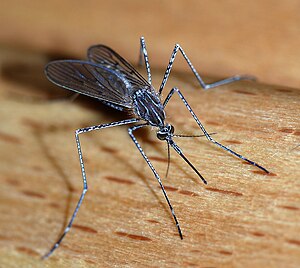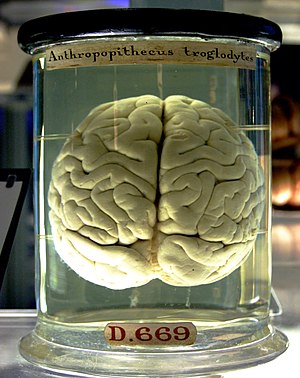Intelligence Quotient has long been a standard measurement for human intelligence. In recent years, however, social scientists and behavioral researchers have introduced a new phase: “Emotional Quotient.” It might not be as precise a measuring as IQ but EQ certainly describes the factual reason that high intelligence is not the final word on success and happiness in life.
The two are not opposite or mutually exclusive. As one author puts it, “While IQ defines how smart you are, EQ defines how well you use what smarts you have.” One hopes that people would have generous amount of both intellectual capability and emotional maturity.
According to a famous author, there are five components of a healthy EQ- self-awareness, motivation, self-regulation, empathy and social skills.
Self-awareness. The first rule to acquire wisdom, so says Socrates, is to know yourself. Each of us is created by God with a unique ad special personality. Each of us has been differently shaped by people and circumstances around us. We all have different strengths and weaknesses. The more knowledgeable we are about, the more we can learn to at peace with who we are to harness our gifts and talents, and to be vigilant on the dark sides.
Motivation. Call it “drive” “enthusiasm” or “zeal.” This quality allows us to keep on doing even the most humdrum jobs. That’s because the external circumstances do not have to determine our internal response. A tired mother can still love her noisy children. A bored office worker can still perform a first-class job. A student, nervous about the coming exams can decide to do his best –and let God handle the rest. In all these examples, it’s not just what’s inside that counts but also “what’s at the end,” the goal of all our striving.
Self-regulation. This is a spanking new term for an old idea-self-control. Consider the opposite: to be out-of-control. The man who cannot handle his temper of the woman who cannot control her tongue ends up negatively affecting people. Self-regulation is also our jazzed-up term for a few other old ideas: temperance and moderation.
Empathy. This word literally means “to suffer with.” It’s easy to see why empathy (or compassion) is such a necessary commodity if we are to live well with other people. In terms of succeeding in our careers of getting ahead in life, this quality enables us to treat others as persons, not as machines who don’t get hurt. The empathetic person is sensitive to other people’s emotions; he puts himself “in their shoes” and therefore relates with them and reaches out to them in the most caring way.
Social skills. This refers to the general ability to get along with others. The goal is not necessarily to be a life of the party or the most popular person around. Life is full of relationships; family, friends, neighbors and those at work. It’s the ability to express love as if fits the relationship or the circumstances.
It is a symptom in our world that “giftedness” is considered more important than “character,” or that IQ is taken more seriously than EQ. But while it’s true that giftedness and intelligence might bring a person far initially, it is rather character and emotional maturity which will bring long-term happiness and success to a person. Always remember that “IQ gets you hired but EQ gets you PROMOTED!”








